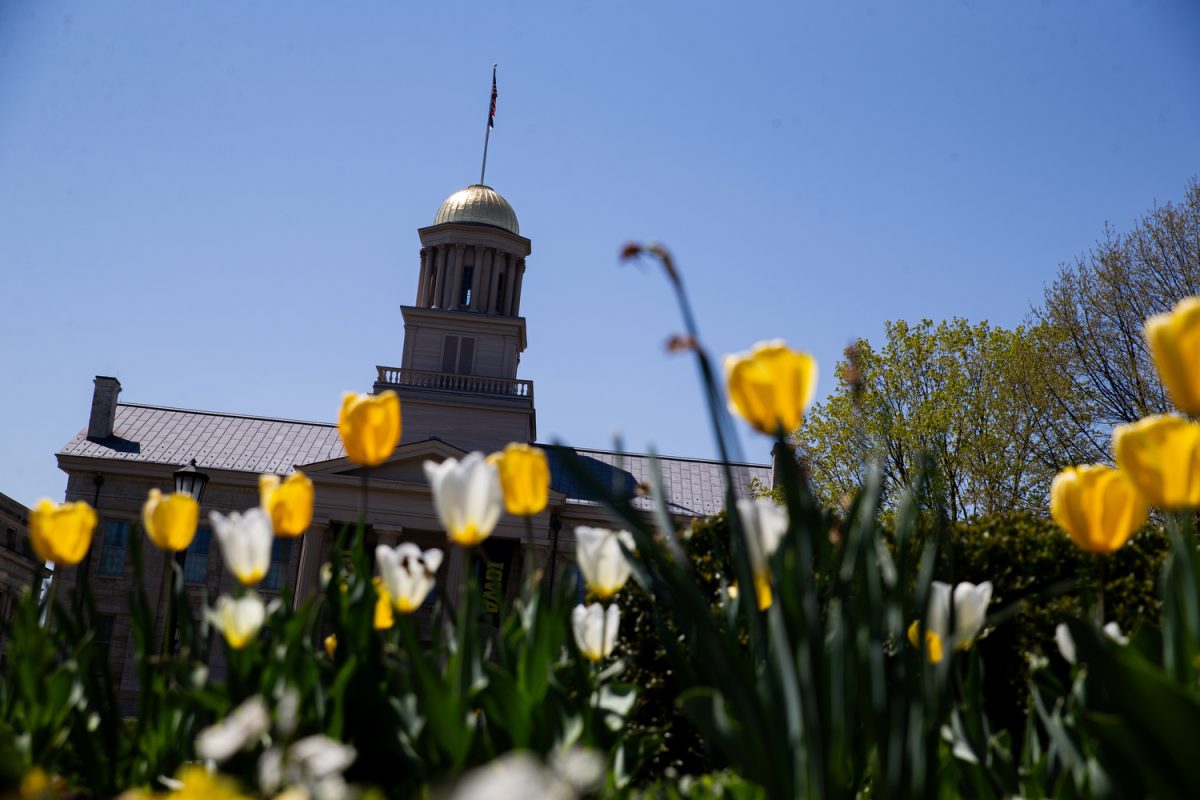Academic freedom is the pillar of a free society. When it is compromised, public trust in scientific knowledge is eroded; biased teaching invades classrooms; and knowledge is politicized. The first line of protection for academic freedom is policy provisions against undue interference in the work of those involved in research and teaching. For these reasons, the university community at large must actively engage in the process of developing and revising policy documents to promote the principles of shared governance.
The University of Iowa establishes rules in its Policy Manual (PM). The UI requires each college to write their own manuals of policy and procedures, but the college’s manuals may not contradict the PM. Similarly, each college requires units within it to produce their own policy documents.
When the university revises its PM, all entities downstream must do the same. The College of Liberal Arts and Sciences’ Executive Committee, working with shared governance bodies and the dean’s office, makes the revisions. Revision to any policy document requires potentially impacted groups to accept or reject the revision by a majority vote. For this purpose, per policy, CLAS faculty is represented by elected faculty members who serve on the Faculty Assembly.
The current revision process for the CLAS policy manual has been rife with problems, inconsistencies, and failure to follow appropriate procedures.
On Oct. 11, the dean of CLAS called for a special meeting of the Faculty Assembly to introduce a draft of a revised Manual of Policy and Procedure (MOPP). The draft was produced with no formal participation from the FA, relying instead on handpicked “focus groups”. The Faculty Assembly saw the draft document for the first time on Oct. 11, and only a printed copy without redlining was made available at first.
The draft document was a complete rewrite of the MOPP, reducing the original document of 11290 words to 5750 words. Despite these extensive changes, the Faculty Assembly was given less than 10 days to share the document with faculty constituents and return with recommendations.
The next meeting of the Faculty Assembly took place Oct. 18. Assembly representatives expressed concerns with the draft revision (a compilation of the concerns is available). The assembly’s chair was told that a new document would be shared with the Faculty Assembly at least 10 days before the Nov. 15 Faculty Assembly meeting.
However, on Nov. 3, the Faculty Assembly chair reported that the Executive Committee did not have a document to share with the assembly and said that “the EC has requested a meeting with FA officers to communicate ongoing concerns with the process.” The EC did not follow up to set a time for a meeting, did not answer any of FA officers’ inquiries, and did not share a revised draft.
Although no new revision incorporating the recommendations of the Faculty Assembly from Oct. 18 meeting was ever shared with the assembly, all CLAS faculty received an email from the staff council on Nov. 13, instructing the staff to “encourage” the faculty to vote in favor of the revised document — a clearly inappropriate interference with the duties of another representative body.
Procedurally, this process is defective. It has not been transparent and has violated principles of shared governance in an apparent effort to undermine the FA as the representative body of the faculty.
For example, the draft adds a provision to install the dean as chair of the Faculty Assembly. This proposal defies common sense and flouts their own revised draft, which bars faculty members who hold or have recently held administrative roles in the Office of the Dean from serving on elected representative bodies. Granting a person who is unelected and unelectable an officer position on a faculty representative body would raise challenges to the new policy document even if it were to be ratified by the faculty.
First, this action makes the Faculty Assembly the only representative body to be chaired by a person who is not a member of the group the body represents.
Second, having the chief administrator of the college chair the representative body of the faculty ignores the impact of the power differential. The dean chairing meetings chills candid exchange of ideas, stifles free expression, and opens the door to potential retaliatory action against vulnerable members of the faculty.
Third, depriving the faculty of the right to elect its officers contradicts the principles of self-governance of elected representative bodies.
Fourth, installing an administrator to chair the faculty representative body would shatter the principles of academic freedom by removing critical barriers between the administration and the faculty, thus creating an environment where the faculty are unable to speak freely about concerns related to their well-being and professional responsibilities.
At this point, the current revision process is irretrievably tainted. The sensible option is for the Executive Committee to withdraw the current draft proposal and restart the revision process on solid footing, with appropriate respect for the principles of shared governance. While these matters of policy may seem abstruse and technical, they are the source of protection for the academic freedom upon which the integrity of this UI depends — and which we cannot afford to compromise.
UI professor Ahmed Souaiaia is a faculty member with joint appointment in International Studies, Religious Studies, and College of Law. Opinions are the author’s, speaking on matters of public interest, and not speaking for any entity with which he might be affiliated.



